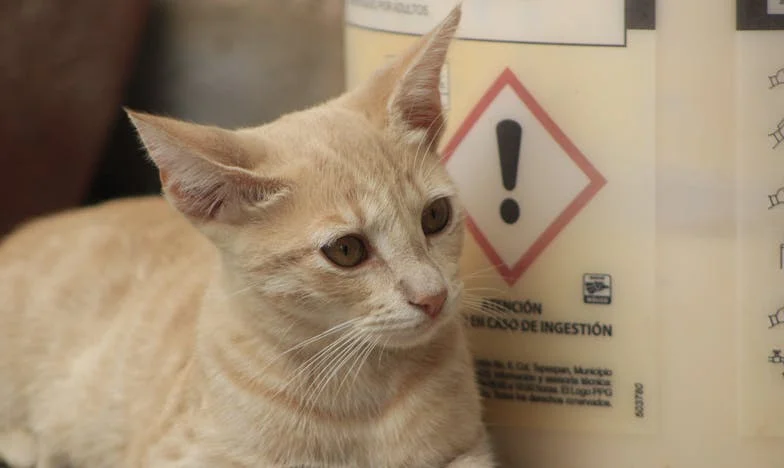When the Silence Broke: My 68th Year of Choosing Myself
“Dad, can you watch the kids tomorrow night? Kelly has soccer, and I have to work late again.”
The words echo in my kitchen, bouncing off the faded wallpaper and the clock that hasn’t worked in years. My daughter, Laura, stands in front of me—her phone half-raised, eyes darting to the screen for replies she’s not reading. It’s not really a question. It never is.
I nod, feeling the familiar ache settle into my bones. I know I’ll say yes, because I always do. Because that’s what’s expected of me. Because being useful is the only thing anyone seems to notice about me anymore.
But tonight, as I sit alone in my recliner after they’ve all gone, something inside me snaps. Not loudly, not with fury, but with the quiet, tired crack of a branch that’s held too much weight for too long. There’s a ringing silence in my house, punctuated only by the distant hum of traffic and the memory of laughter that isn’t mine.
I am 68 years old. I was a husband, once. A father, always. A grandfather, apparently by default. I was a manager at the Ford plant in Dearborn, a man with a tie and a plan. People used to ask me what I wanted for lunch, for vacation, for my birthday. Now, no one asks what I want at all.
I stare at the family photos on the mantle: Laura’s wedding, the grandkids at Disney, my late wife, Ellen, her smile frozen in time. I feel the heaviness in my chest—grief, sure, but something more. A bitter, gnawing exhaustion. Not just from age, but from being invisible. From being an accessory in the lives of people I love.
The next morning, I call Laura before she can call me. “I can’t watch the kids tonight.”
There’s a pause. “Oh. Is everything okay, Dad?”
I almost backtrack. My mouth fumbles for an excuse—doctor’s appointment, errands, anything. But I stop myself. “I just need some time for myself.”
Laura’s silence is sharp. I can picture her eyes narrowing, the flicker of confusion, maybe even annoyance. “Time for yourself? Are you… is something wrong?”
“No. I just… I want to do something for me tonight.”
She sighs. “Okay. I’ll figure something out.”
The conversation ends, and for the first time in years, I feel a strange flutter in my chest. Fear. Guilt. But also, something like hope.
I drive to Lake Erie, like Ellen and I used to. The sky is bruised with clouds, the water gray and restless. I sit on a bench and close my eyes, letting the wind slap my cheeks. I think about the years I spent sacrificing—first for Ellen, then for Laura, then for the grandkids. It wasn’t all bad. I loved them. I still do. But somewhere along the way, I stopped loving myself.
A couple sits nearby, laughing. Their hands are tangled together, their voices low and private. I envy them—their togetherness, their ease. I remember when Ellen and I would come here on Sundays, just to watch the boats and dream about the future. Now, I wonder if there’s any future left for me at all.
I spend the evening at a small diner, eating pie and reading the newspaper. The waitress calls me “hon,” and for a moment, I feel seen. Not as Grandpa or Dad, but as a person. I linger over my coffee, listening to the clatter of dishes and the soft hum of conversation. No one needs anything from me here. I can just be.
When I get home, there’s a message from Laura. “Hope you had a good night, Dad. Kids missed you, but we managed. Love you.”
I sit in the dark, phone in hand, and cry. Not from sadness, not exactly. From relief. From the realization that the world didn’t fall apart because I chose myself. My family survived. So did I.
The days pass. I start saying no more often—not out of spite, but out of necessity. I join a book club at the community center. I take walks in the park, smiling at strangers, rediscovering the shape of my own solitude. It’s not always easy. Guilt claws at me sometimes, whispering that I’m selfish, that I’m letting everyone down. But I ignore it.
One Sunday, Laura shows up with the kids. “You seem different, Dad.”
I shrug. “Maybe I am.”
She studies me—really studies me—for the first time in years. “Are you…happy?”
I think about it. About Ellen, about the long, aching years, about the silence I’ve carried. “I think I’m learning how to be.”
She hugs me—hard. “I just want you to be okay.”
“I’m working on it.”
After they leave, I sit on the porch, watching the sun set over the maple trees. The world is quiet, but for once, the silence isn’t empty. It’s peaceful. Full of possibility.
I wonder: Why did it take me so long to realize I deserved a life of my own? And if I can find myself again at 68, what’s stopping anyone else from starting over, no matter how late?
